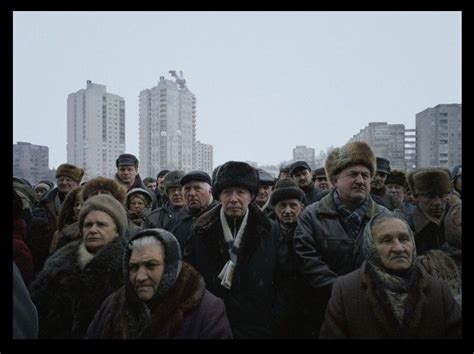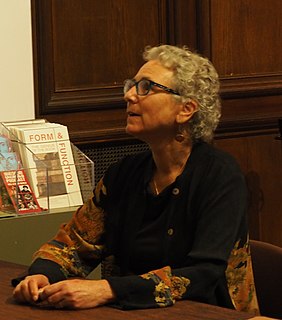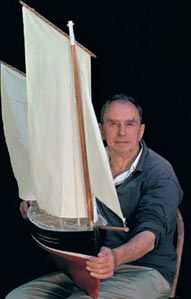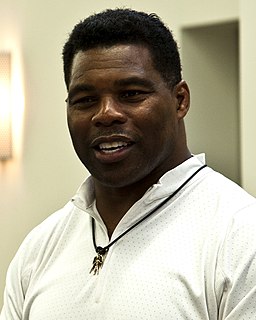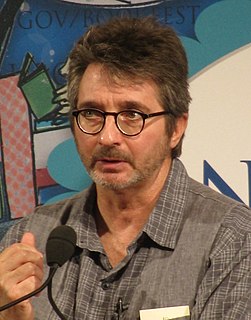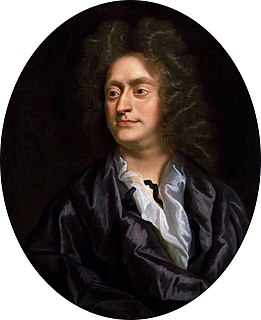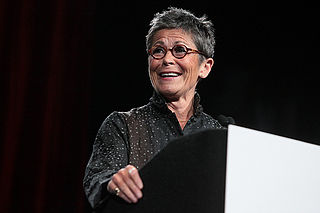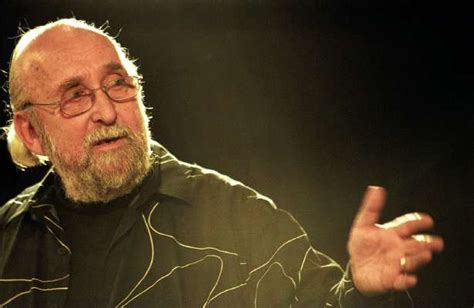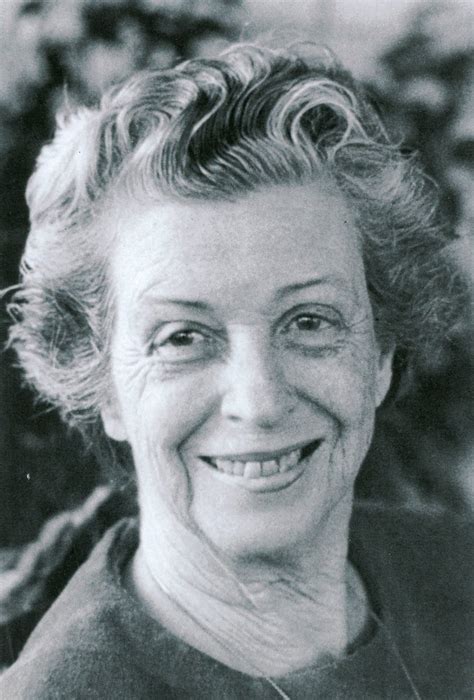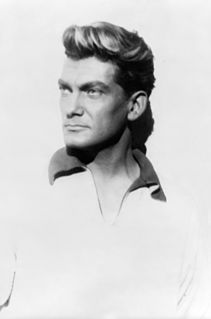Top 1200 Good Poetry Quotes & Sayings - Page 2
Explore popular Good Poetry quotes.
Last updated on October 7, 2024.
Perhaps you don't desire poetry as much as you would like to have my torchy knowledge of your possible futures, but I dare say poetry will do you far more good. For knowing the future only makes you timid and complacent by turns, while poetry can shape you into the kind of souls who can face any future with boldness and wisdom and nobility, so that you need not know the future at all, so that any future will be an opportunity for greatness, if you have greatness in you.
Poetry transcends the nation-state. Poetry transcends government. It brings the traditional concept of power to its knees. I have always believed poetry to be an eternal conversation in which the ancient poets remain contemporary, a conversation inviting us into other languages and cultures even as poetry transcends language and culture, returning us again and again to primal rhythms and sounds.
Poems very seldom consist of poetry and nothing else; and pleasure can be derived also from their other ingredients. I am convinced that most readers, when they think they are admiring poetry, are deceived by inability to analyse their sensations, and that they are really admiring, not the poetry of the passage before them, but something else in it, which they like better than poetry.
Poetry is not efficient. If you want to learn how to cook a lobster, it’s probably best not to look to poetry. But if you want to see the word lobster in all its reactant oddity, its pied beauty, as if for the first time, go to poetry. And if you want to know what it’s like to be that lobster in the pot, that’s in poetry too.
I don't know that I had a sense that there was such a thing as "the poetry world" in the 1960s and early 70s. Maybe poets did, but for me as an onlooker and reader of poetry, poetry felt like it was part of a larger literary world. I mean, even the phrase "the poetry world" reflects a sort of balkanization of American literary and artistic life that has to some extent happened since then.
What I wrote all the time when I was a kid - I don't want to call it 'poetry,' because it wasn't poetry. I was not that kind of a writer. I was a rhymer. I was a fan of Dorothy Parker's, so maybe I wrote poetry to that extent, but my main focus was the humor of it, and word construction, and the slant. Your words, it's a very powerful experience.
I definitely notice the absence of character in most poetry, which is not so say that I'm an innovator in that regard. Character-based poems are not weird or new by any stretch but they feel strange and new because the atmosphere is one in which no one does that. People always talk about, and with good reason, poetry's unpopularity. When people say that they forget or they brush aside the fact that in the middle part of the last century poetry was immensely popular. Dylan Thomas was basically a rock star; so was Anne Sexton.
I'm saying that the domain of poetry includes both oral & written forms, that poetry goes back to a pre-literate situation & would survive a post-literate situation, that human speech is a near-endless source of poetic forms, that there has always been more oral than written poetry, & that we can no longer pretend to a knowledge of poetry if we deny its oral dimension.
My goals as an artist have nothing to do with speaking to an audience. I love to have a good time, but when it comes to poetry I'm not really interested in writing poetry that seeks to entertain or operate safely within the mainstream and, to be clear, I'm not disparaging the really phenomenal work that does - it's just not my interest as a poet.
Poetry is difficult, I mean interesting poetry, not confessional babble or emotive propaganda. Reading a new poet is discovering an entire world, what Stevens called a 'mundo' and it takes a lot of time to orientate oneself in such a world. What we have to learn to do then, as teachers and militants of a poetic insurgency, is to encourage people to learn to love the difficulty of poetry. I simply do not understand much of the poetry that I love.



